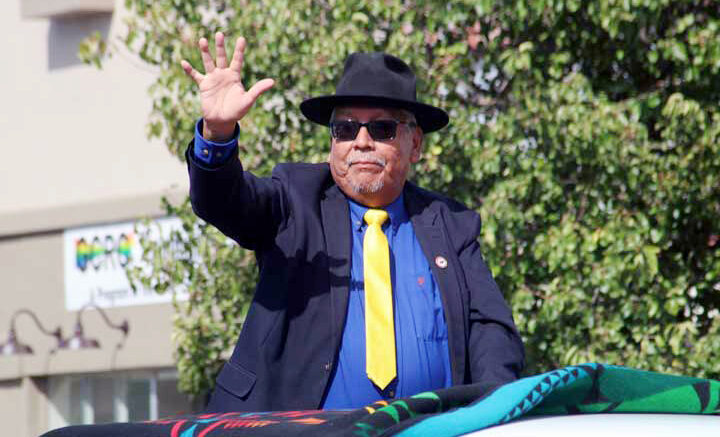WASHINGTON, D.C. — The Supreme Court of the United States has ruled in favor of the San Carlos Apache Tribe.
In a ruling handed down Thursday, the Supreme Court affirmed by a vote of 5-4, the decisions by the Ninth and Tenth Circuit Courts of Appeals that Indian Health Services must pay contract support costs involving third-party payers when a tribe has entered into a self-determination contract for health care.
On his social media, San Carlos Apache Tribal Chairman Terry Rambler wrote, “What the decision means is that our Tribes and other Tribes across the United States are now entitled to receive contract support costs for third party revenues (Medicare, Medicaid and private insurance) in operating our Health Department and Hospital and Clinic under the Indian Self Determination Act. Previously, the Indian Health Services (IHS) would reimburse our Tribe contract support costs for only I.H.S. funds and not third party funds.”
In the majority opinion, Chief Justice John Roberts wrote, “The self-determination contracts of the San Carlos Apache Tribe and Northern Arapaho Tribe require them to collect and spend program income to further the functions, services, activities, and programs transferred to them from IHS. When the Tribes do so and incur administrative costs, ISDA requires IHS to pay those support costs.”
Joining Roberts to affirm were Justices Sonia Sotomayor, Elena Kagan, Neil Gorsuch, and Ketanji Brown Jackson.
In the dissenting opinion, Justice Brett Kavanaugh wrote, “Today’s decision may require Congress to substantially increase its overall annual appropriations for Indian healthcare, thereby taking money away from other federal programs or imposing additional costs on taxpayers,” which he estimated could cost from $800 million to $2 billion.
The cases were Becerra v. San Carlos Apache Tribe and Becerra v Northern Arapaho Tribe.









.jpg)